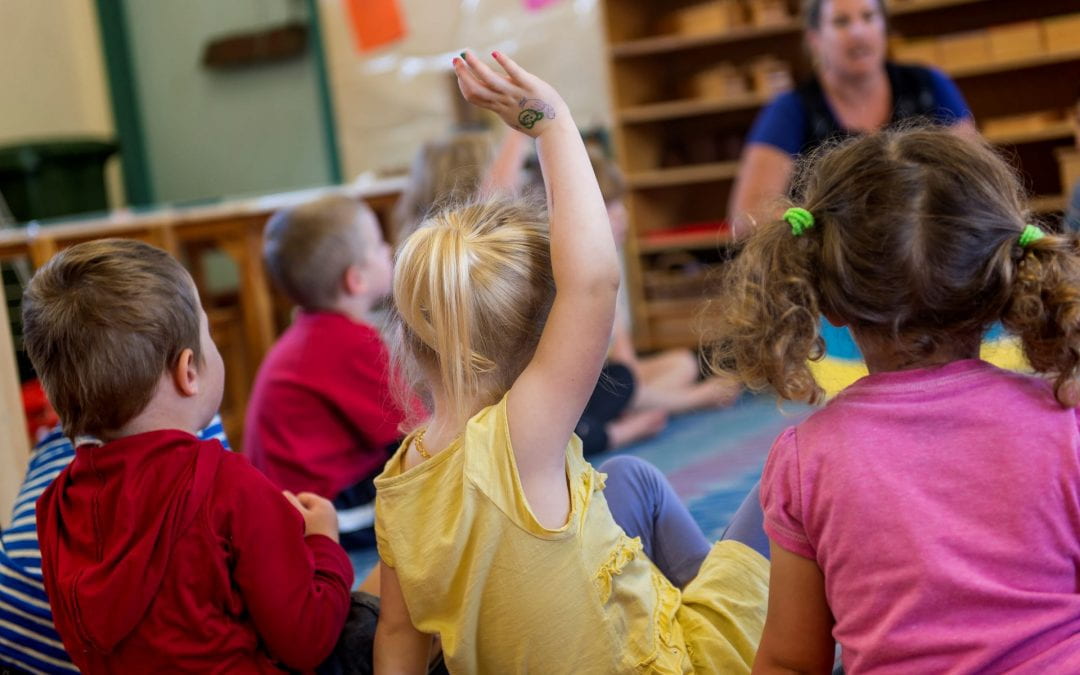A Better Start National Science Challenge team have been researching effective ways to accelerate early reading and writing success for children who enter school with lower levels of oral language.
“Early literacy success is critical to children’s wellbeing from many perspectives,” says Professor Gail Gillon, University of Canterbury Child Well-Being Research Institute and Deputy Director for A Better Start Challenge. “It helps children see themselves as successful learners early in their schooling”, she says.
Early reading ability is a strong predictor of later reading and education success which is also linked to children’s overall healthy wellbeing.
“We don’t want to wait for children to fall behind their peers in reading before we provide targeted support. We need a systems change to ensure all children experience success in their early literacy attempts,” says Professor Gillon.
A Better Start National Science Challenge recognises the importance of explicit teaching in phonological strategies for reading alongside teaching comprehension. It is also important to continue to improve on existing learning and literacy resources that support such teaching strategies.
The Successful Learning theme within the Challenge, led by Associate Professor Brigid McNeill, University of Canterbury School of Teacher Education, has brought together top researchers across disciplines to focus on improved learning outcomes for our tamariki.
“Early literacy success requires a multifaceted approach,” says Professor McNeill. It needs rich language experiences combined with explicit phonological awareness teaching that is connected and relevant to children’s cultural background. Classroom teaching supported by whānau and community is critical,” she says.
A Better Start Literacy approach integrates this multifaceted approach and has involved teachers, community and whānau as well education and health professionals.
The successful pilot of this approach involved over 250 children in their first year at school in the eastern suburbs of Otautahi, Christchurch. The children were born in the year or following year of the Christchurch 2011 earthquakes and a high number showed lower levels of oral language at school entry.
The research study showed A Better Start Literacy Approach leads to accelerated development in reading spelling and oral language compared to current class literacy curriculum. This approach proved equally successful for boys and girls and for Māori and Pasifika students.
Further research is underway to expand and adapt A Better Start Literacy Approach in Auckland and in Christchurch schools.
Contacts:
Professor Gail Gillon 021 705 861
Director Child Wellbeing Research Institute, University of Canterbury
Deputy Director
A Better Start National Science Challenge
021 705 861
gail.gillon@canterbury.ac.nz
Associate Professor Brigid McNeill
Deputy Head of School of Teacher Education, University of Canterbury
Successful Learning Theme Leader
A Better Start National Science Challenge
027 781 9398
Brigid.mcneill@canterbury.ac.nz

